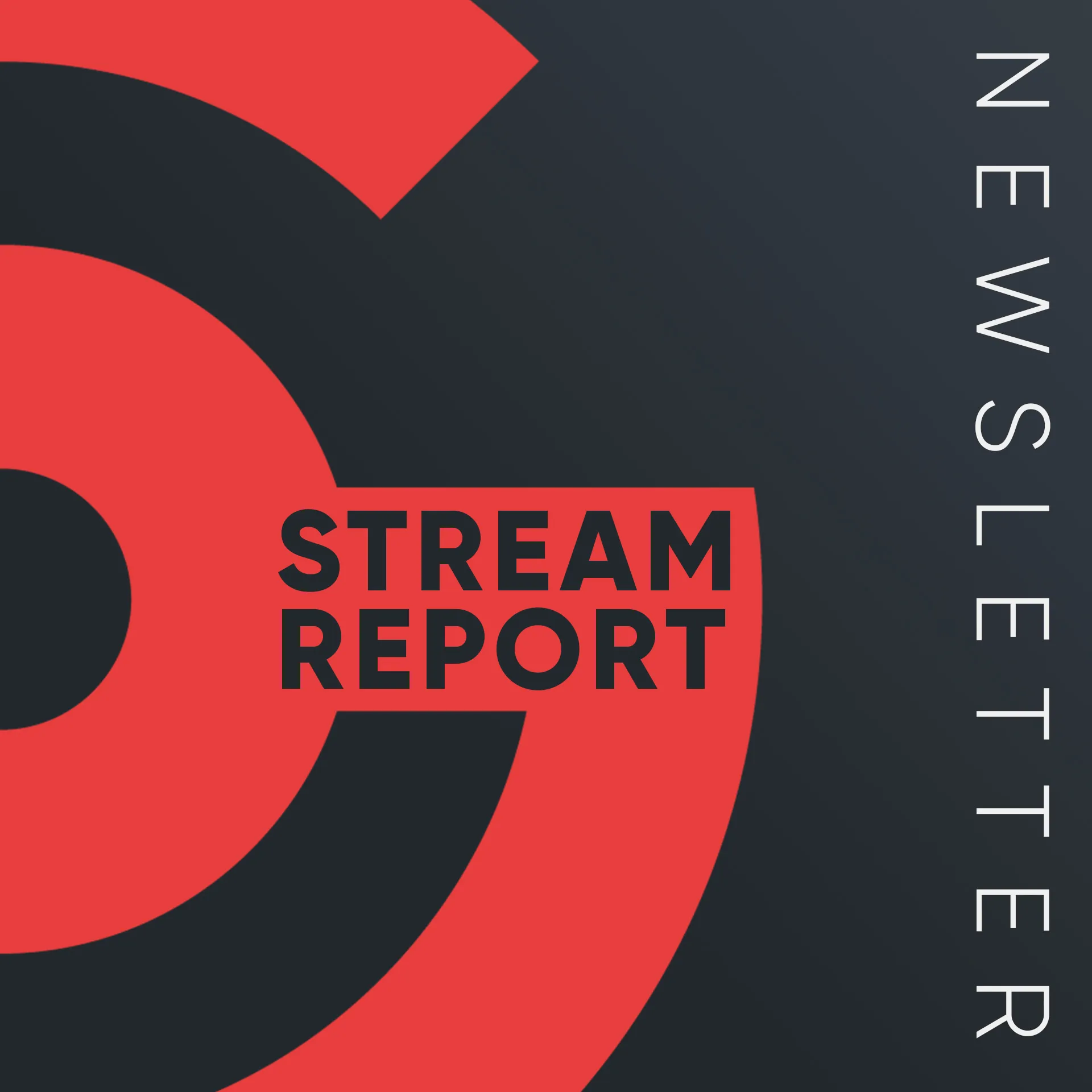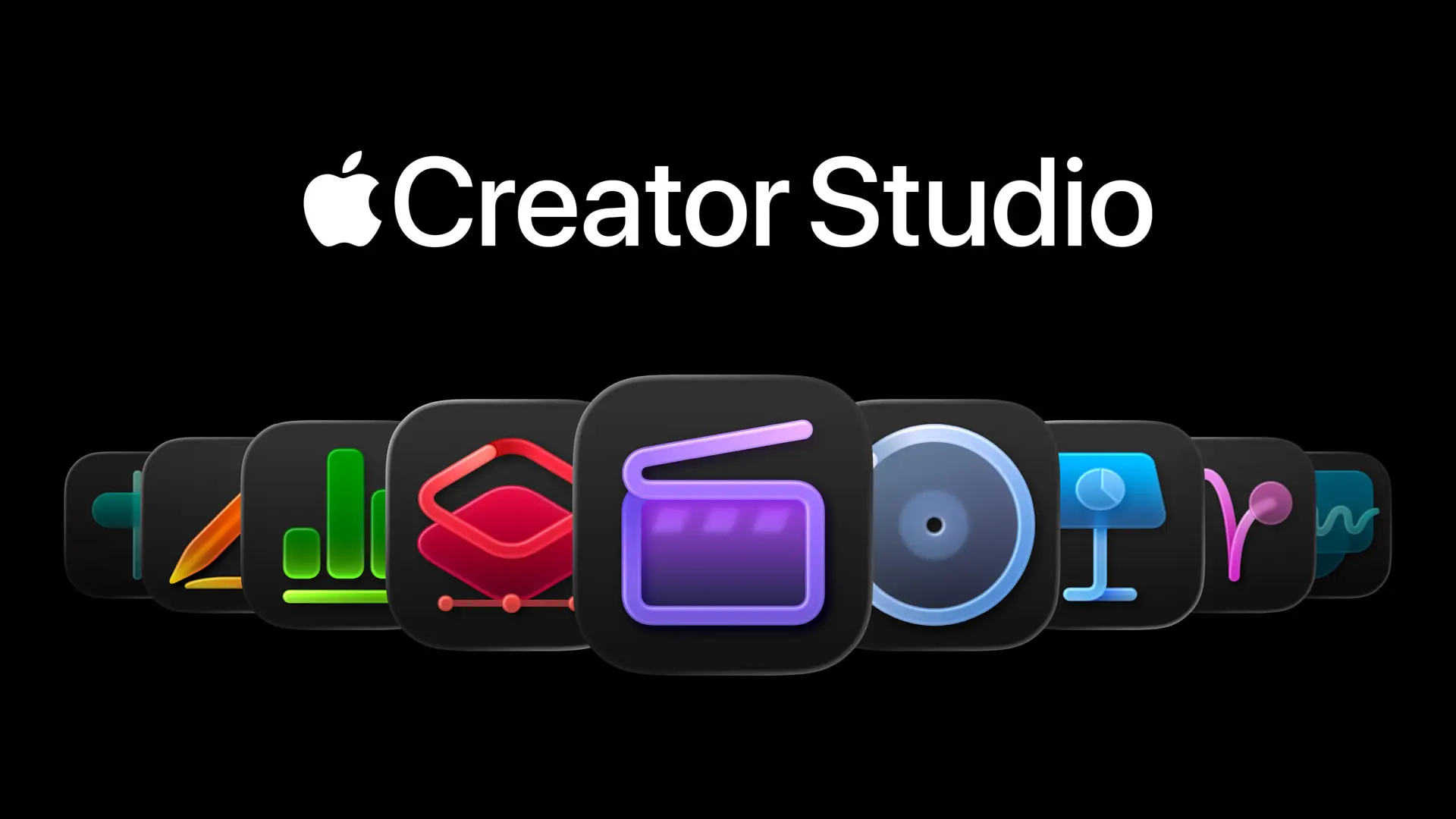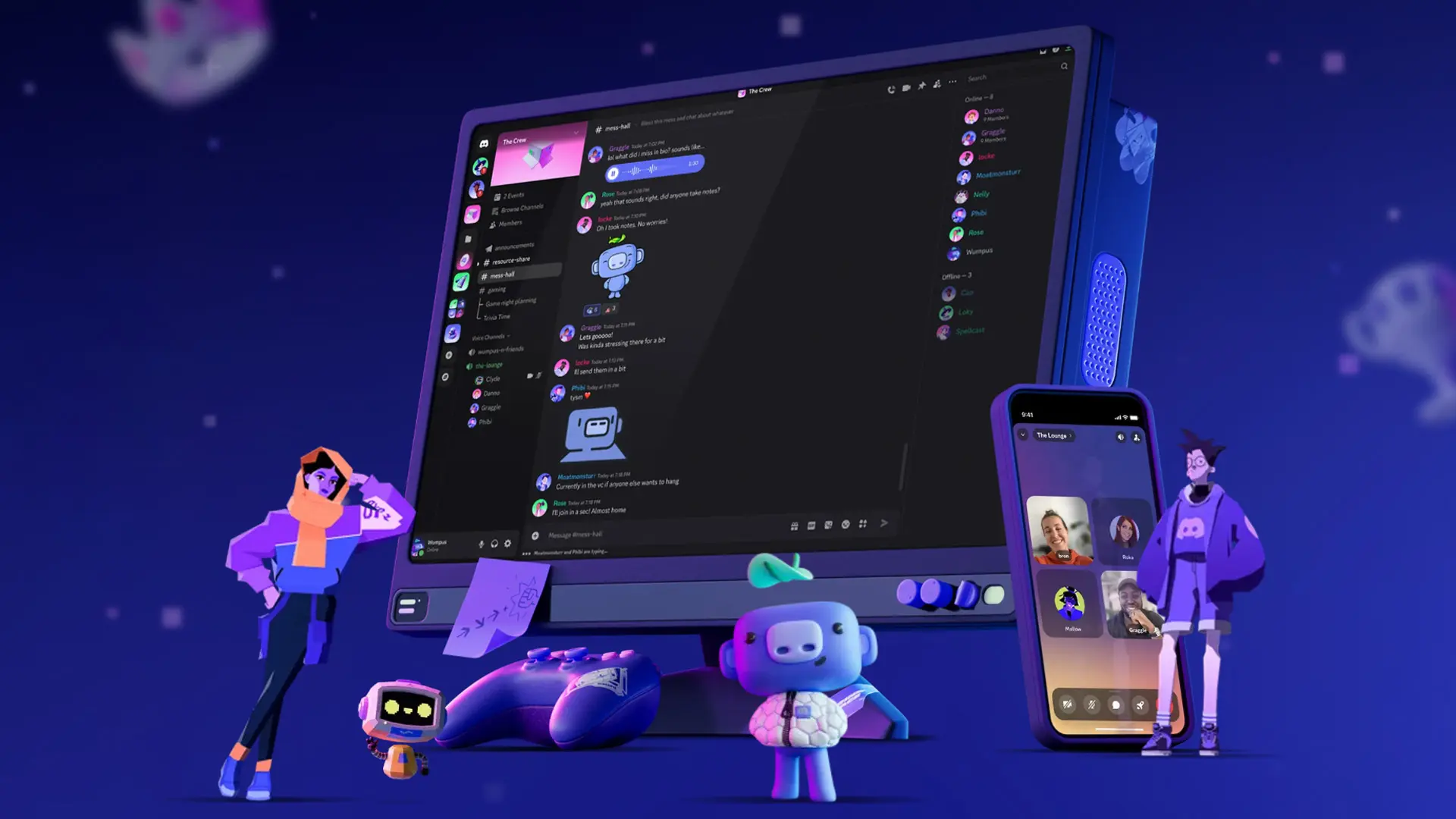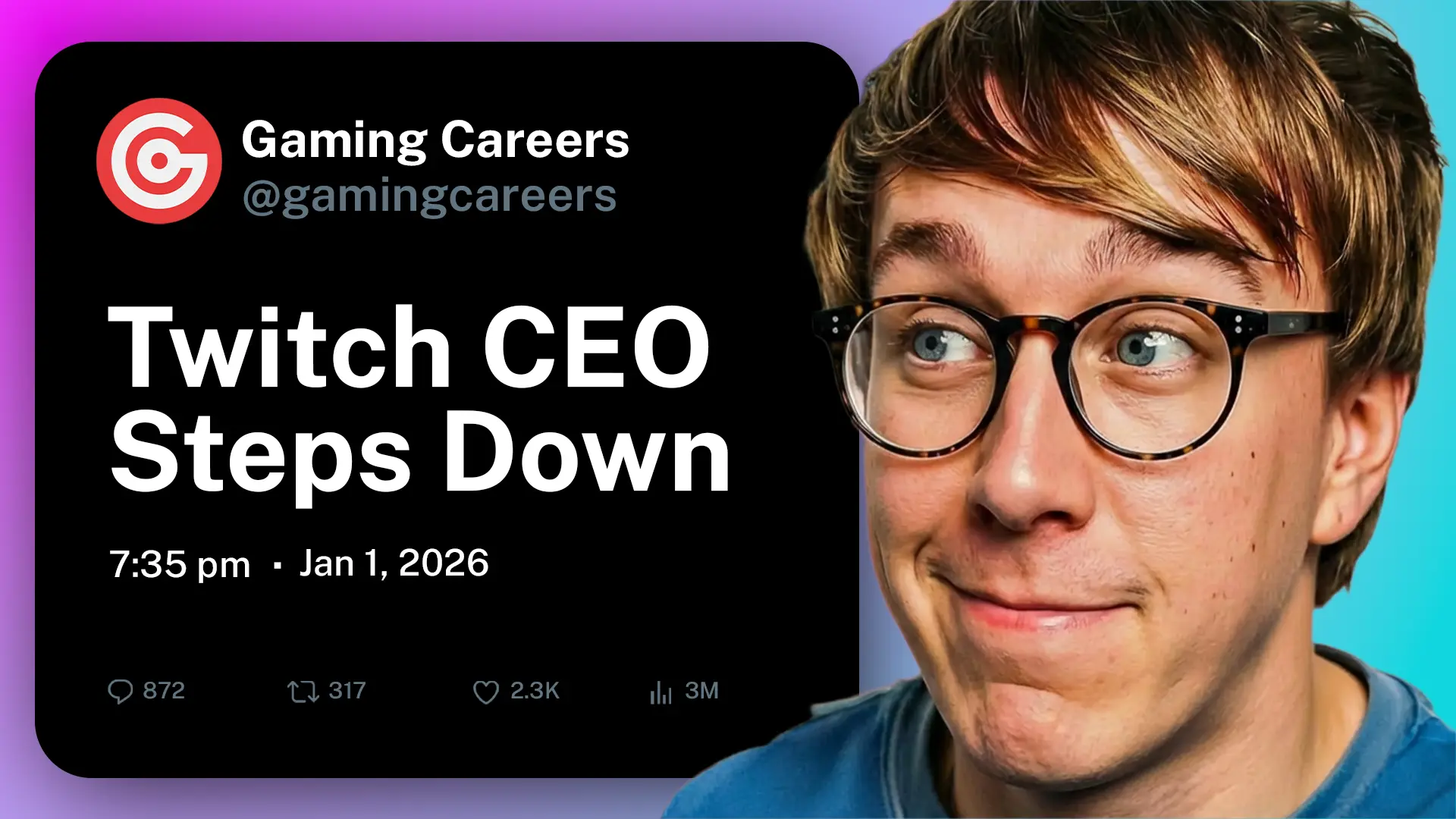MrBeast and the AI Thumbnail Backlash
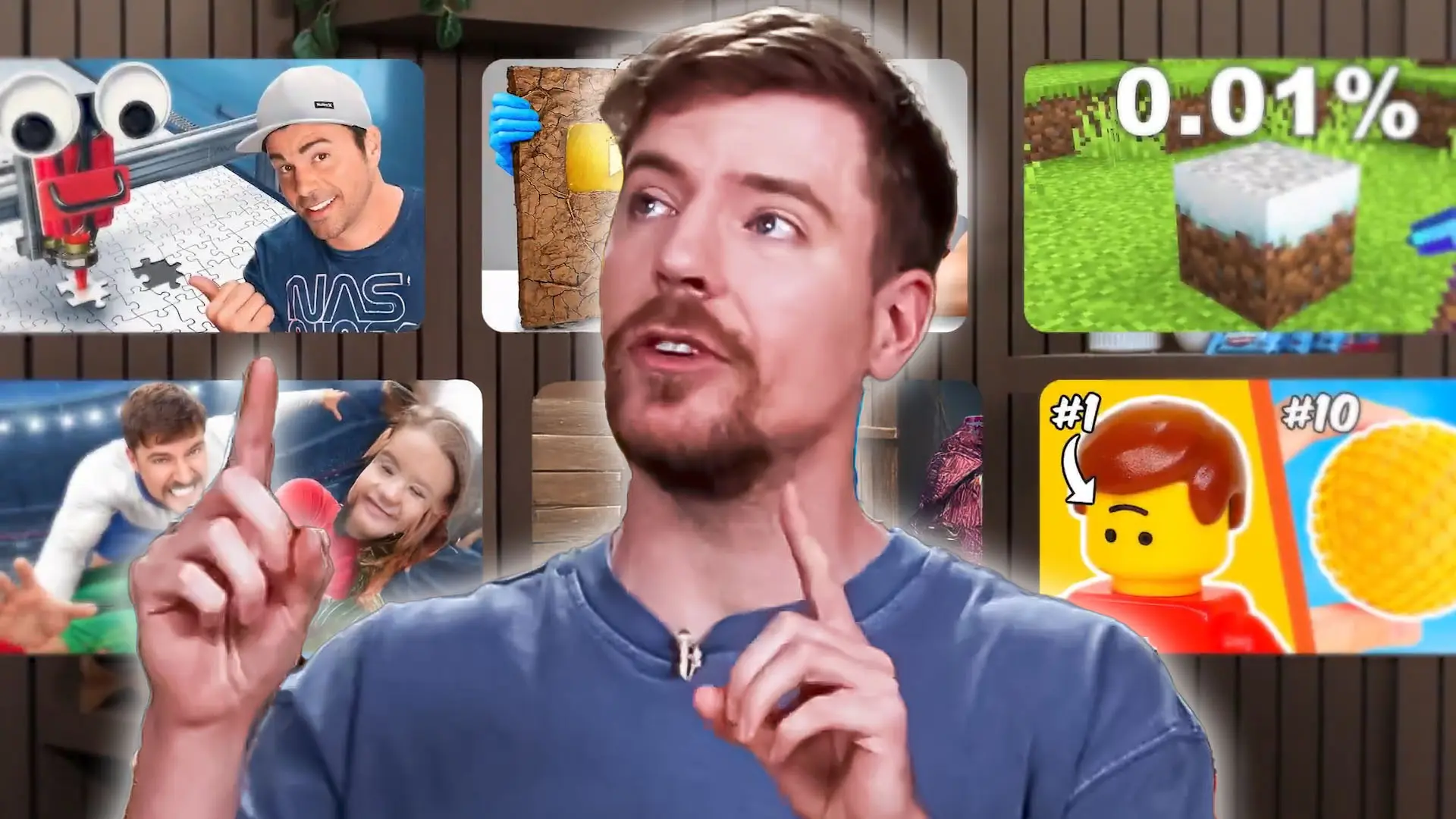
This week, the biggest news in the creator world came from none other than Jimmy Donaldson, better known as MrBeast. His analytics platform, Viewstats, launched an AI thumbnail generator.
The tool’s pitch was clear: it promised to “generate viral thumbnails,” complete with features like face swapping and the ability to “use [any channel on YouTube] as inspiration for the thumbnail it’s generating.” In a promotional video for the tool, MrBeast himself even admitted it “literally feels like cheating.”
While some initial reactions were positive, the broader creator community’s response was, as you might expect, overwhelmingly negative.
From Viral Promise to Immediate Backlash
Creators were quick to point out the glaring hypocrisy of the new tool. Many remembered MrBeast himself tweeting way back in 2021 about how “The largest channel in Russia just takes my thumbnails and photoshop’s his face on mine..” The irony here was pretty clear: a tool from his own platform now felt like it was enabling precisely that kind of behavior – mimicking other creators’ hard work.
This quickly sparked accusations that the AI model powering the generator was likely trained on existing thumbnails without permission, which only amplified the outrage.
Within days, MrBeast announced the tool was gone. He admitted he had “missed the mark,” explaining his intention was to “help small creators make better thumbnails.”
As a gesture to the critics, Viewstats is now pointing users toward an existing directory of human thumbnail designers instead of the now-defunct AI tool.
Where Do We Draw the Line?
This whole situation really highlights a crucial distinction in the ongoing AI debate: is an AI tool genuinely helping creativity by streamlining workflows, or is it automating it in a way that feels exploitative or just plain disrespectful to the craft? The community, in this instance, largely felt this tool stepped over a line.
This past week just showed us again the ongoing tension in the creator economy regarding AI. On one side, big tech companies are pouring money into AI tools, seeing them as an inevitable and transformative future. On the other, a lot of creators and media companies are looking at generative AI with deep skepticism, worrying about things like ethics, copyright, and whether the outputs are truly original – a debate that has even landed in courtrooms, with lawsuits against AI image generators specifically.
Pete’s Content Corner
Delve into my weekly selection of content creation highlights—handpicked videos, podcasts, and tweets that promise to captivate, educate, and entertain.
- YouTube is raising the minimum age for live streaming to 16 years old starting July 22, 2025, with streams featuring younger teens needing adult accompaniment. This move feels like a necessary step to better protect younger creators on the platform.
- Twitch updated its Front Page Promotion for Partners, now allowing monthly applications and dropping the 50+ CCV requirement. Does the front page actually move the needle for discoverability, though? I’d love to see some real stats on if it genuinely helps creators.
- Streamlabs has launched its all-new, in-house Streamlabs Sponsorships platform, offering creators direct access to paid brand deals with no fees and guaranteed base pay. Like most of these sponsorship platforms, its long-term success will entirely depend on the quality and quantity of brands they can secure for creators.
Another week, another reminder that the creator community’s voice is louder and more influential than ever. But while MrBeast retracted the tool, I can’t help but think we’ll see a hundred more tools just like it within the next six months. It’s tough sometimes, watching AI evolve at such a rapid rate, and honestly, it can feel a little deflating as a creator – though I suspect most other careers are likely feeling a similar way.
Thanks, as always, for taking the time to read Stream Report.
Pete


